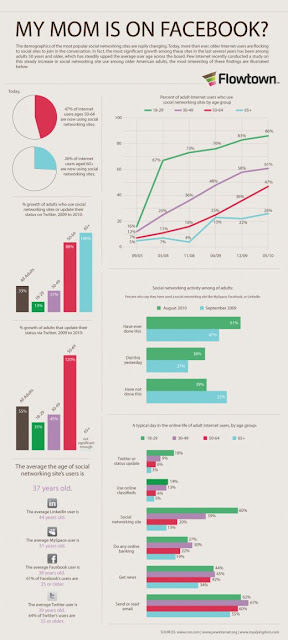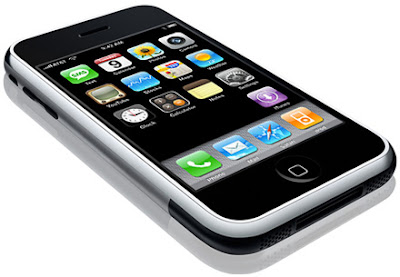Facebook Chat Coming to Windows Live Web Messenger
Microsoft released a beta refresh for Windows Live Essentials which saw a new feature in Messenger allowing people to chat with their Facebook friends just like talking to their Messenger friends. However, this ability was not made available on the Web version of Messenger and people could only chat to their Messenger friends. But this looks set to change.
 |
| Click to Enlarge |
On the Windows Live Phone service (which Microsoft has recently tweaked), that we wrote about last week, it can be seen that a refined header is being used with a few new options and it features Facebook Chat integration. When hovering over the Messenger link in the header a Facebook category appears on this site. The status of contacts is shown just like within Messenger, if a friend is available to chat to they have a green icon and an orange one for away; if you are also friends with them in Messenger then they can also be set to busy which is a red icon.
The chat box has also been tweaked to reflect the Facebook Chat addition as it is now possible to select which chat protocol is being used for the conversation. This feature also allows people to select SMS as a chat option. This feature has also leaked in upcoming Windows Live Messenger 2011 Screenshots.
One final feature that was spotted by Liveside is that when a user is signed in to Messenger on a PC it’s not possible to have a conversation via Web Messenger as Messenger windows will now force themselves to be used. However if a user is not signed in to Messenger then it is possible to chat to people in the browser. Before this refinement it was possible to chat to people via both Messenger and Web Messenger at the same time. (Signing into Messenger when conversations in Windows Live Phone were open sees them closed, however when navigating to a different Windows Live site the conversation reopens. Microsoft have yet to update the Web Messenger across most of the Windows Live sites.)
It has been rumoured that Microsoft will make available a release candidate of Windows Live Essentials 2011 soon and it’s likely that at a similar time they will also update the Windows Live sites.



























